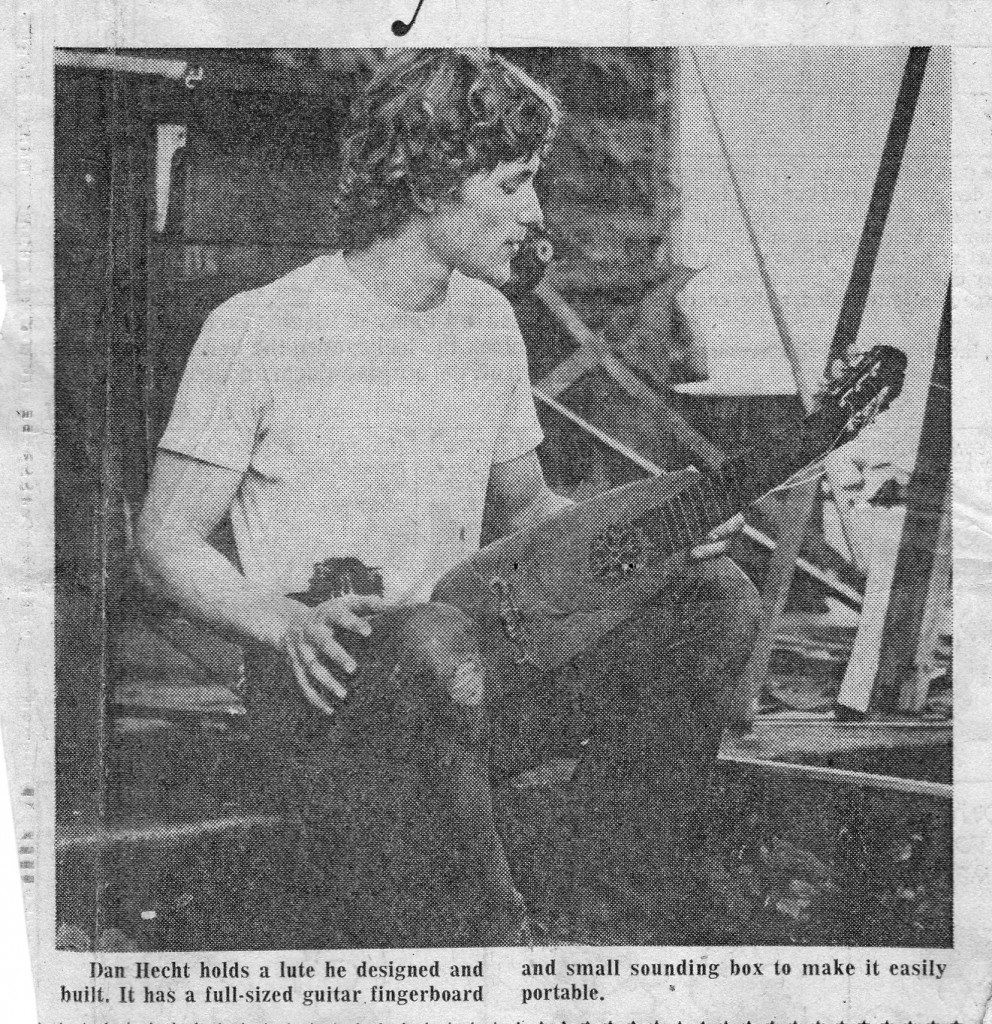This is my second post about Moondog, another study of one of the remarkable people I’ve known.
His real name, we learned, was Louis Hardin. He had grown up in Kansas, Wyoming, Arkansas, and Tennessee, then spent three decades in Manhattan. He had a curious, double reputation. On one hand he was known by New Yorkers attending the jazz clubs up around 53rd Street as the craggy-faced, long-haired, full-bearded “Viking” — sometimes homeless — who played drums in doorways.
Over the years, though, he had became known and respected by avante garde and classical musical composers and musicians such as Leonard Bernstein, Benny Goodman, Arturo Toscanini, Julie Andrews, and Charlie Parker. His songs had been recorded several big-time rock groups, including “All is Loneliness,” made popular by Janis Joplin with Big Brother and the Holding Company.
As musicians ourselves, we were particularly impressed that he had recorded an album of his orchestral compositions on Columbia Records — Moondog 2, from 1971 — joining an impressive stable of label-mates that included Bob Dylan, Simon and Garfunkle, Johnny Cash, The Byrds, Leonard Cohen, Bruce Springsteen, Barbara Streisand, and many more. And that was by no means his first recording.
An astonished town-dwelling friend, when he heard Moondog was staying with us, informed us that he was “one of the ten heaviest dudes on the North American continent!” That is, profound, deep, wise, intense, powerful, impressive.
But we didn’t know that when we took him in, and in person, Moondog struck us as a rather mild, personable fellow. Highly individualistic, yes, but ultimately a practical sort who despite his decades in Manhattan retained a Mid-Westerner’s directness and pragmatism.
We seldom talked about anything “heavy,” only about the normal concerns of our daily lives. We told him the meaning of the words to the mantras we chanted, explained the problems of dealing with a flat tire on our 1950 Ford F-100 panel truck given that they no longer made that tire size, the vibratory nature of the cosmos, how the effect of peyote differed from that of psilocybin, the recipes of the whole-grain breads we baked, where we’d learned to play guitar and sarod and flute.
In return, he told us about his life. To his way of thinking, his clothing was entirely practical. For one thing, he said, when you’re blind and can’t see other people, it’s a good thing if they can see you, so they don’t bump into you or run you over with their cars. A big cape is handy for tucking your possessions under, keeping them close to you, since when you’re blind they’re easy to misplace and all too easy for someone to steal.
He showed us the system he’d developed for keeping track of the essentials he carried on his person. Sewn to a spot on his chest, about a dozen strings led down to various specialized pockets in his tunic or pants. By finding a string with his fingers and following it down, he was always able to retrieve within seconds his Braille slate and stylus, Braille watch, wallet, coin purse, handkerchief, toothbrush, and other necessities. Having them on strings also meant they wouldn’t vanish if he dropped them.
He demonstrated his method of composing — which he did for several hours each day — using his Braille slate. The slate consisted of two flat pieces of metal, hinged at one end, about the size of an I-Pad Mini, with holes across its surface. Moondog would open the device at the hinge, put a piece of paper between the two halves, and latch it shut. Then, using a short stylus, he’d press through the holes in the pattern required for the number or letter he was writing. Like Leonardo, and like other visually-impaired people of the time, he had to write from right to left, thinking in mirror image, so that the paper would have bumps, not divots, when turned over.
He’d put it on his knee and tap as fast as the fastest computer keyboardist you’d see today: ticketa-tacketa-ricketa-tacketa, showing dexterity on a par with his drumming.
He was a genteel, easy-going guest who contributed greatly to our nightly jam sessions, requiring that we up our game considerably. He left long grey-white hairs on the couch and in the tub. He seldom asked for guidance about the layout of the rooms — where the bathroom was, for example — and as far as I recall never asked for assistance except for rides to town, where he’d situate himself in the park and play drums.
The character of his stay changed, and ultimately altered the course of my life and Glenn’s, when we each learned one additional fact about each other. Moondog discovered that Glenn and I made musical instruments; we learned how he had made his “break” from being merely a weirdo drumming on the streets of upper Manhattan to becoming a musician of some renown.


